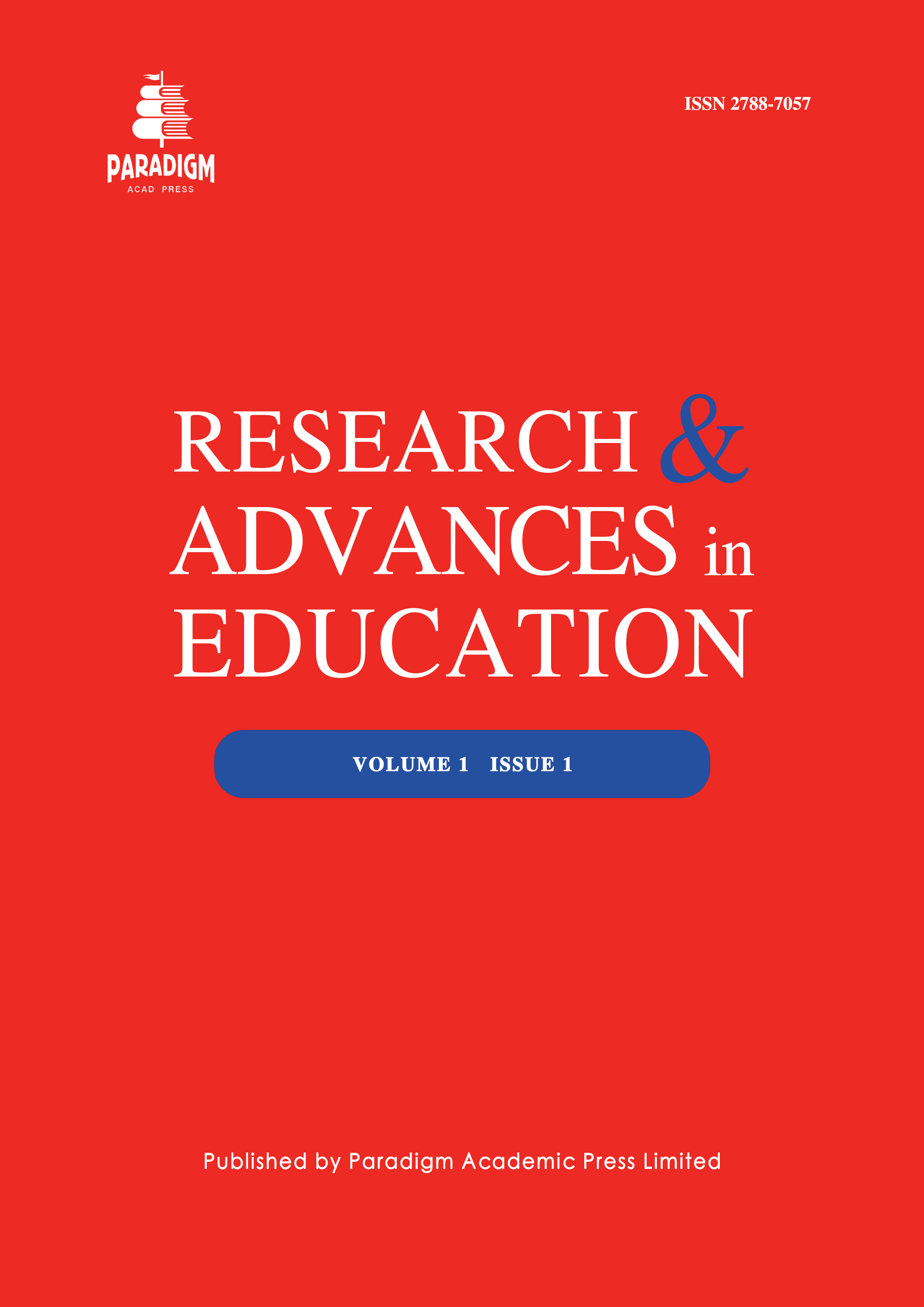Curriculum Adjustment and Cultural Adaptation of Chinese Normal Schools in Malaya (1935-1957)
Keywords:
Malaya, Chinese teacher education, curriculum adjustment, cultural inheritance, colonial education policyAbstract
This paper examines the development of Chinese teacher education in Malaya during the transition period from colonial system to national independence from 1935 to 1957, focusing on the interactive relationship between teacher curriculum adjustment and cultural inheritance. Through the analysis of official education reports, decrees and Chinese vernacular schools archives, this study divides this period into three stages: marginal situation under the colonial system (1935-1945), post-war reconstruction and systematic development (1945-1952), and policy shift and cultural adaptation (1952-1957). The study finds that under the inequality of resources and policy restrictions, Chinese teacher education achieved the transformation from the Chinese model to Malayan local adaptive education through strategies such as curriculum localization, multilingual education integration and community organization mobilization, while maintaining the basic continuity of cultural identity. This adaptive transformation not only reflects the Chinese community’s positive response to environmental changes, but also reflects the historical experience of minority education seeking survival and development in a multicultural society. It has important implications for understanding the interactive relationship between education policy and ethnic identity.


